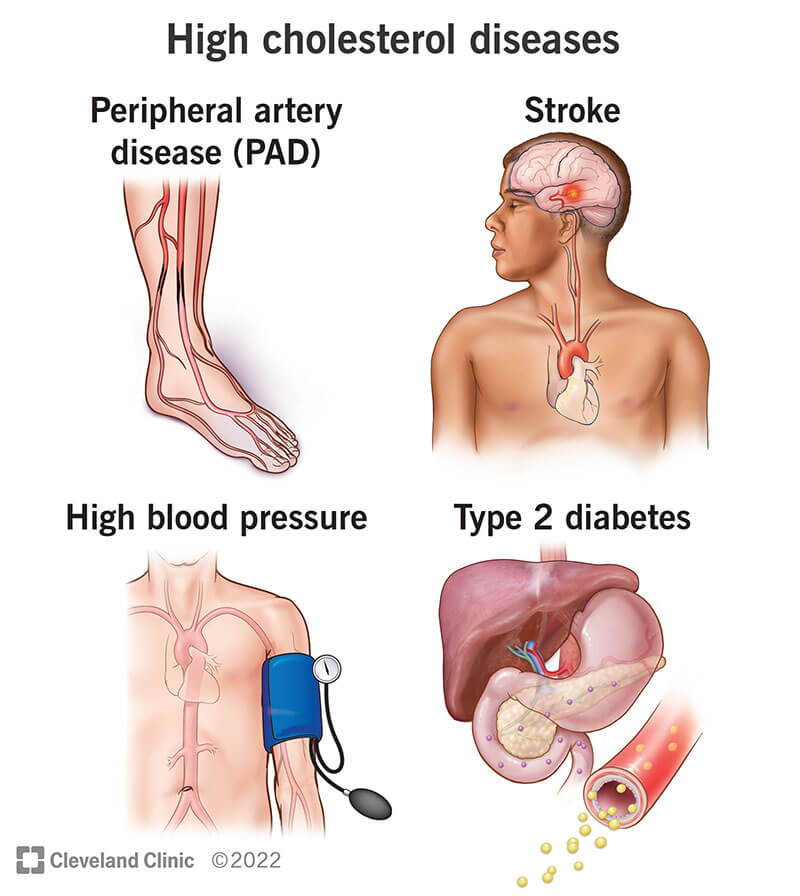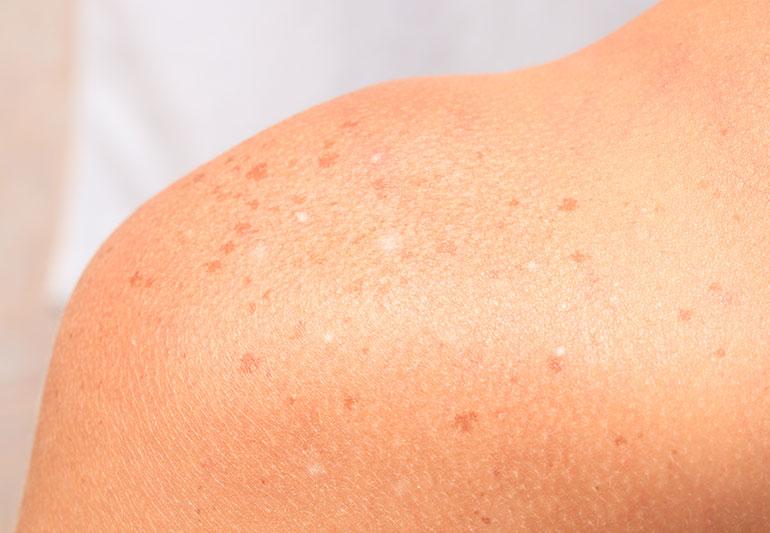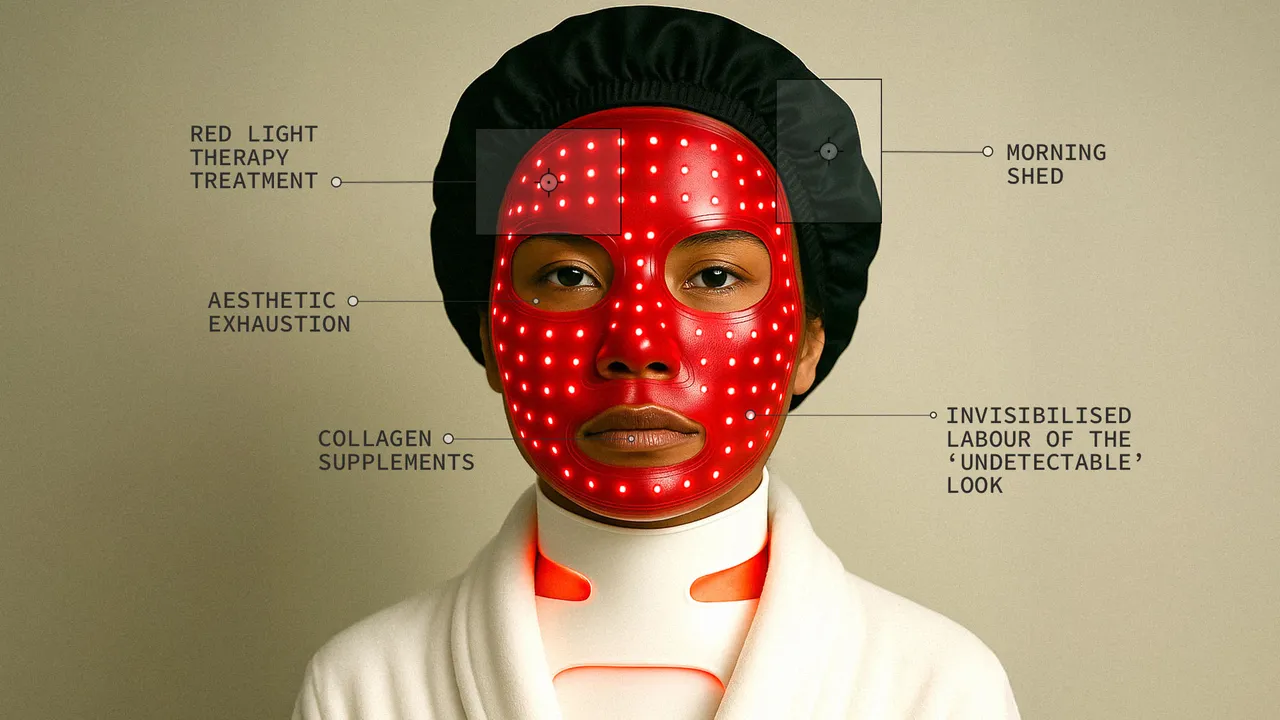Health & Beauty
Be alert for signs of elevated cholesterol, which can develop into a deadly condition.It is essential to recognize the early indicators of excessive cholesterol in order to avoid cardiovascular issues


By Kajal Sharma - 25 Jan 2024 09:17 PM
It is essential to recognize the early indicators of excessive cholesterol in order to avoid cardiovascular issues and preserve general health. High cholesterol levels, particularly elevated levels of LDL (low-density lipoprotein) cholesterol, can lead to the accumulation of plaque in arteries, increasing the risk of heart disease and stroke. Recognizing these signs early on can prompt lifestyle changes and medical intervention.Fatty deposits under the skin called xanthomas frequently take the form of yellowish nodules or lumps. These deposits, which might show up on the hands, elbows, knees, or buttocks, are a sign of elevated cholesterol levels.Arcus senilis, a white or grayish ring surrounding the iris of the eye, may indicate high cholesterol. Even though elderly persons are more likely to have this illness, its prevalence in younger people may indicate underlying lipid problems.Corneal arcus appears as a white or gray ring surrounding the cornea, much like arcus senilis. It is more frequently seen in older people and can be a clear sign of cholesterol accumulation.
If it is present in younger individuals, a cholesterol test may be necessary.Increased cholesterol can play a role in the development of atherosclerosis, which lowers heart blood flow. Angina, or chest pain or discomfort, can happen when the heart muscle does not get enough blood that is rich in oxygen. Seeking prompt medical assistance is necessary if chest pain is persistent or recurrent.Breathlessness and exhaustion can be brought on by reduced blood flow from constricted arteries, particularly when engaging in vigorous exercise.
These symptoms should be assessed by a medical practitioner as they may point to a damaged cardiovascular health.High cholesterol and hypertension frequently coexist, which adds to the burden on the cardiovascular system. Monitoring blood pressure on a regular basis is crucial, and high blood pressure that doesn't go away may need more research on cholesterol levels.Your blood contains a waxy material called cholesterol. Although cholesterol is necessary for the body to produce healthy cells, excessive cholesterol can raise your risk of heart disease.It is possible to get fatty deposits in your blood vessels if your cholesterol is high. When these deposits accumulate over time, your arteries can no longer adequately pump blood. Occasionally, such deposits may abruptly rupture and create a clot that results in a stroke or heart attack. Although bad lifestyle decisions are frequently the cause of high cholesterol, it can be prevented and treated. High cholesterol can also be inherited. To lower high cholesterol, a balanced diet, frequent exercise, and occasionally medication are helpful.
























